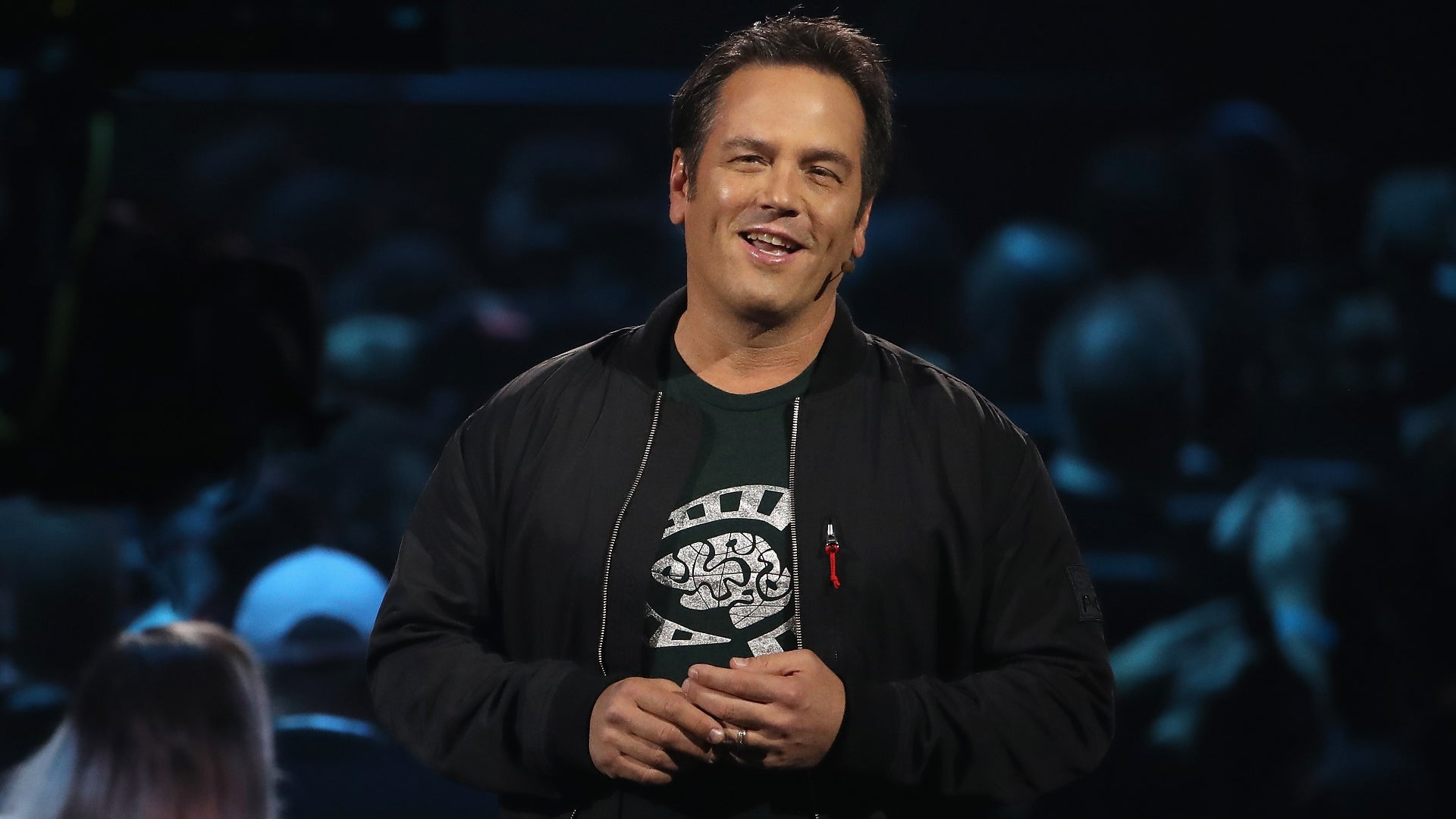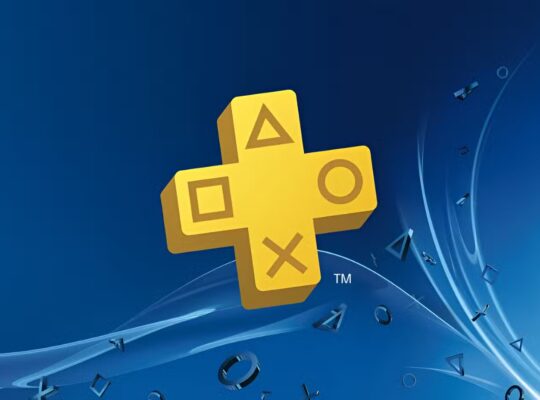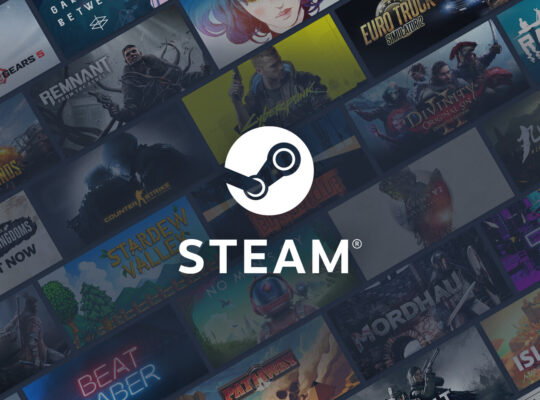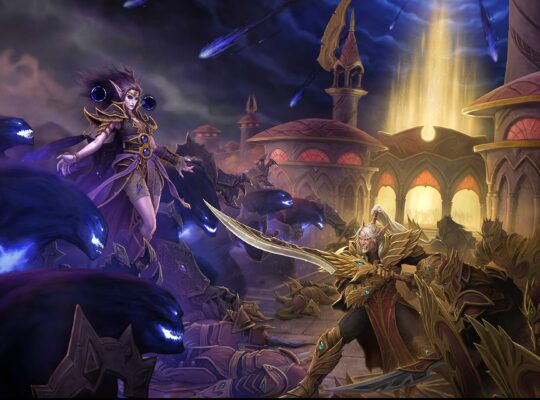In an industry long dominated by hardware battles and exclusive titles, Xbox is undergoing a strategic transformation under the leadership of Phil Spencer. Rather than clinging to the legacy model of platform exclusivity, Spencer is steering the brand toward a future defined by inclusivity, accessibility, and player-first experiences. This evolution reflects a broader understanding of how gaming habits have shifted—and how the future of gaming may no longer revolve around the console alone.
Embracing a Multiplatform Future
Phil Spencer has not shied away from addressing the changes head-on. “I believe it’s an identity that this industry needs,” he said, articulating a vision of Xbox that transcends traditional hardware constraints. His stance signals a commitment to reimagining what Xbox can be—not just a machine under your TV, but an ecosystem that lives on multiple platforms, catering to a global and increasingly mobile audience.
A cornerstone of this new direction is a significant pivot in Xbox’s approach to exclusivity. As Spencer put it, “Keeping games off other platforms is not the path for us.” That philosophy is already playing out, with formerly Xbox-exclusive titles making their way to other consoles—and thriving. Far from diminishing the Xbox brand, these moves demonstrate confidence in the strength of the games themselves, and a willingness to prioritize reach and player satisfaction over competitive gatekeeping.
Redefining Xbox’s Identity
This shift has prompted questions about the future identity of Xbox. Is the brand losing its soul by spreading across platforms? Not so, according to Spencer. “Xbox is evolving rather than losing its identity,” he emphasized, clarifying that the heart of Xbox lies in its community, services, and content—not just the console that bears its name. In this view, evolution doesn’t mean dilution; it means growth.
The implications of this strategy are profound. Xbox is positioning itself as more than just a hardware manufacturer—it’s becoming a platform-agnostic gaming service built around player needs. With the success of initiatives like Xbox Game Pass and cloud gaming, Spencer is betting that the future of games lies in how easily players can access and enjoy them, not in where they play.
This strategic shift could reshape not only Xbox’s place in the industry but also the broader gaming landscape. By championing an open, inclusive model, Phil Spencer is challenging competitors to rethink what it means to build a platform in the 21st century. And if this bet on accessibility and player focus continues to pay off, Xbox may be remembered not for the box it sold, but for the doors it opened.












